by Raj Jayadev, New America Media
PRAGUE, Czech Republic: Images flash on the big screen of a Vietnamese teen breakdancer shapeshifting his body while his voice narrates his life. I’ve seen these images, these movements, before back home in San Jose, Calif., but this is the first time I’ve heard a Vietnamese hip-hopper speaking Czech.
We are here representing New America Media (NAM), which was invited to participate in the dialogue as an overseas contributor. NAM, too, is walking a similar path of creating media stages for the unheard in a changing, and contentious political climate for immigrants.
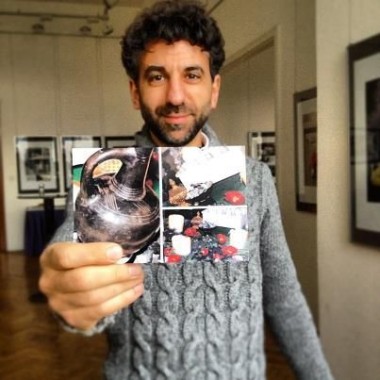
“Culture always beats borders” Chadi Bahouth (Neue Deutsche Medienmacher) holding a postcard made by a young African American in San Jose named Malcolm who did photos of the Ethiopian community © Raj Jayadev
Personal Stories of Immigration
The color, age and languages heard on the streets of Europe are being re-imagined by the infusion of new immigrant populations. In many ways the people gathered here in Prague will determine the future of the continent.
As Europe undergoes massive demographic changes, it stands at a fork-in-the-road moment. Either its nations will retreat into fractured, xenophobic fear of the other, or they will embrace the value added of a new diversity. Media, through their ability to communicate the personal stories of immigration, may determine which road is chosen.
The video we are watching is of a young man living in Prague, who is telling the story of his parents’ migration here. It was produced by a local Czech social service agency, which serves the large, though less integrated, Vietnamese community. The woman sitting next to me whispers to herself when she hears him speak–“Czech in Vietnamese skin,” she says. The mini-documentary, called “A Better Life,” tells the story of immigrants in the Czech Republic, profiling the lives of Vietnamese, Albanian and Russian immigrants.
The discussion after the film sparks a heated debate from the audience. They are not just spectators, but rather stakeholders invested in this practice of producing media to change societies. They are practitioners from the Czech Republic, the Netherlands, England and Germany, who have been examining and creating media as a vehicle for a larger purpose – inclusion of communities that otherwise have been invisible.
Just two weeks prior, these groups, under a collaborative effort called Media4us ran its largest effort to date – an eight-page insert of stories written by new migrants in eight different countries and languages through the print publication called the “Metro.” They reached 5 million readers.
A sister network of Media4us called Media4Me is the more localized version of the effort, concentrating on using media platforms within a city, or even neighborhood, to dissolve stereotypes and promote a more intimate understanding of each other.
Connecting Disconnected Communities
Through the Multikulturni Centrum Praha (Prague Multicultural Center), migrant communities are creating television shows for their municipal TV channel, and running summer schools for young migrants to become multimedia journalists – communicators of the new Europe.
It is new media as much as traditional media that is allowing this generation of multicultural journalists to serve the larger purpose of connecting otherwise disconnected communities.
In England, Media4Me created a YouTube project, online radio show and online photo gallery for residents to identify what aspects of their multicultural, multilingual, neighborhood they wanted changed. It was civic engagement without the town-hall meeting, expect perhaps a virtual one. Once larger news outlets picked up on the efforts, elected officials were forced to respond.
Outside of creating media, migrant journalists in Europe are challenging the language and visual depictions of immigrant communities used by politicians and mainstream media as a key battleground.
Anti-Immigrant Reaction
According to the German National Statistics Office, one out of every eight residents of Germany is foreign-born. That number, as in many European countries, is rising, along with the cache of anti-immigrant sentiment.
In Germany, right-wing political parties have gained ground by espousing anti-Muslim platforms. Neue Deutsche Medienmacher (New German Media Makers, or NDM) is an association of journalists of migrant ancestry, who are pushing media producers to respect the rights and nationality of Germans with migrant heritages.
Decision makers in editorial boardrooms and production suites are deciding on ways to identify and describe migrant communities. Those discussions speak to a more fundamental national question – who is German?
NDM, which says only two percent of all journalists there are of migrant ancestry, have challenged the major national papers. For instance, the group has questioned those mainstream media outlets when they call a German a “foreigner,” even though the person carries a German passport. NDM has also called out racist depiction of Muslims.
The conversation, and the role of media as a facilitator of either fear or inclusion, is a familiar one by immigrant advocates in the United States, who have had an active campaign to stop the major media from using the term “illegal” when referring to undocumented immigrants.
These journalists know — as migrant communities do all over the world – that media matters. Indeed, it may be the sole historical force that allows populations with less political capital to actually shape their futures within a larger new homeland.
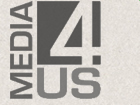
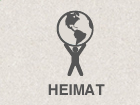
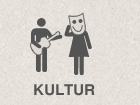
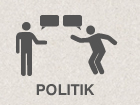
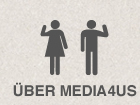
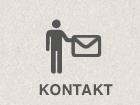

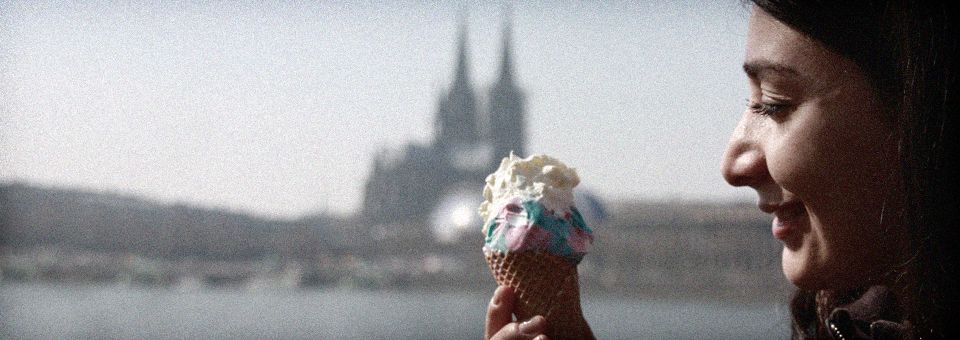
Sorry, the comment form is closed at this time.